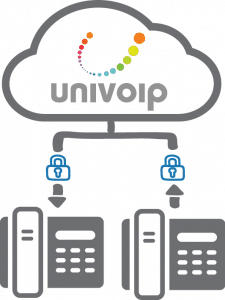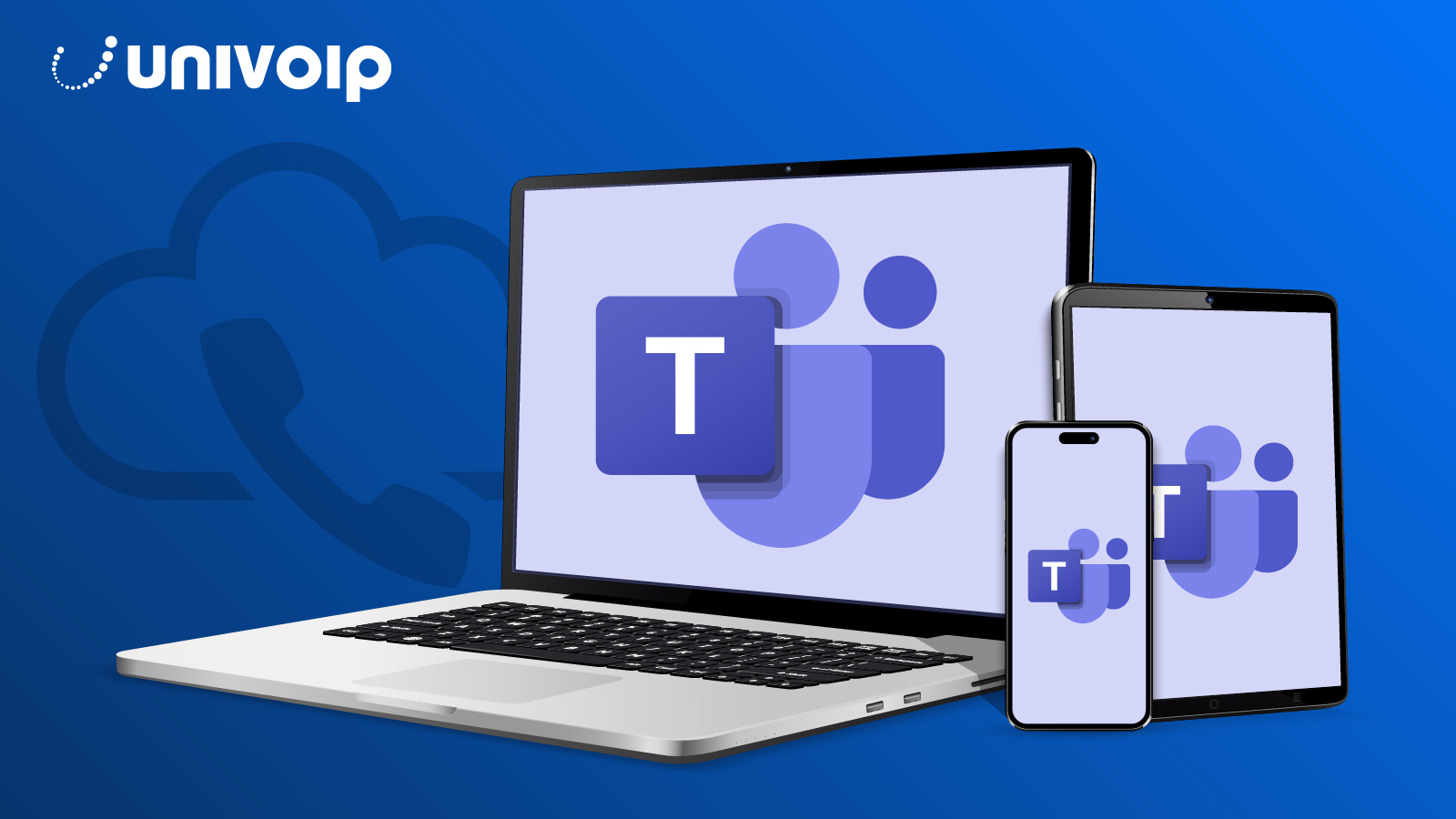Chances Are Your Current Business Phone Service Provider Does Not Encrypt Your Voice Communication
Fact (#1) Most VoIP Phone Service Providers are deploying SIP based Phones. SIP is a widely used standard with its content transported as readable text. Unfortunately this makes it an attractive target for hackers.
Fact (#2) Broadband service-providers have been known to search for SIP messages (signaling messages) and RTP packet, containing the voice conversation, and restrict their use on their networks.
Fact (#3) Most Internet based VoIP Service Providers are NOT Encrypting the voice traffic nor signaling message, making your conversation pretty much open to the public Internet.
At UniVoIP, all voice packets passed between the remote IP phone and UniVoIP data centers are encrypted using the Secure Real-Time Transport Protocol (SRTP) with 128-bit AES encryption. SRTP is a security profile for RTP, which is the industry standard for securing voice streams over IP. SRTP adds confidentiality, message authentication and replay protection to that protocol. SRTP protects VoIP traffic because it can be used with header compression, and it does not affect Quality of Service (QoS). SRTP also insures compliance with Federal standards for FIPS 140-2 Certified Encryption for signaling as well as the voice traffic is being met. In addition, Mitel SRTP meets the requirements for the Department of Defense PKI digital certificate compliance.

